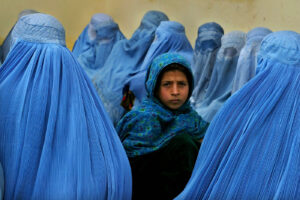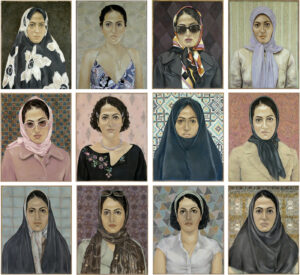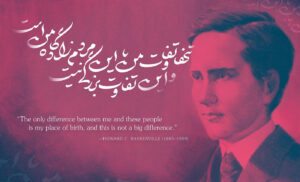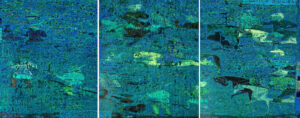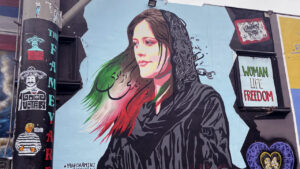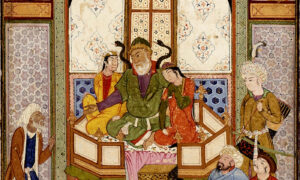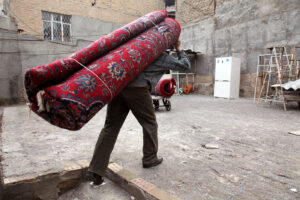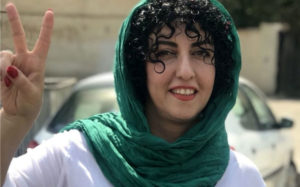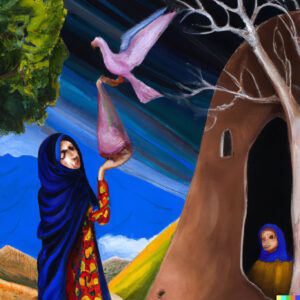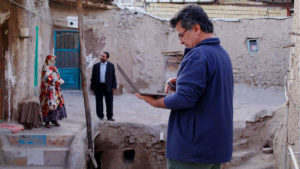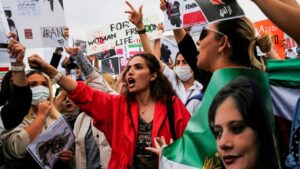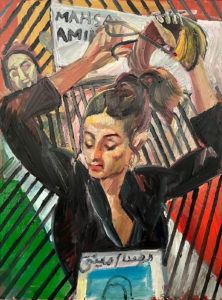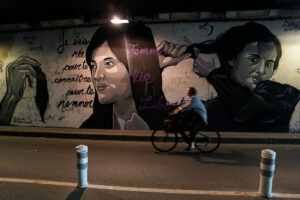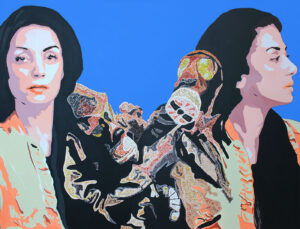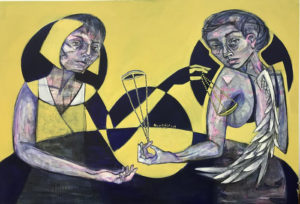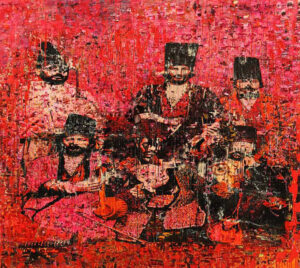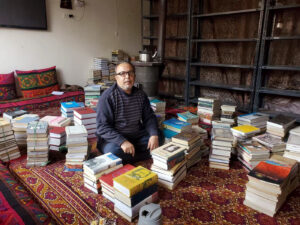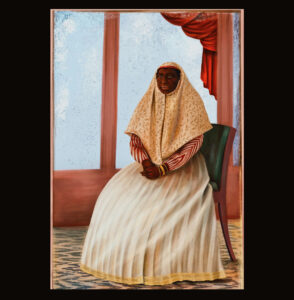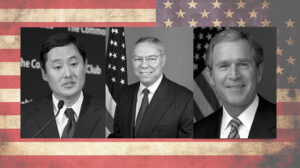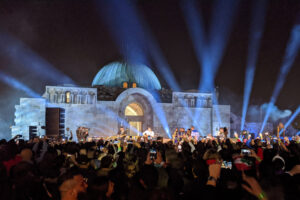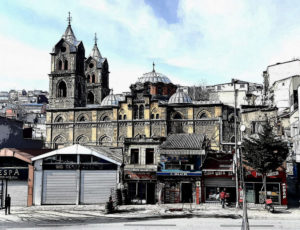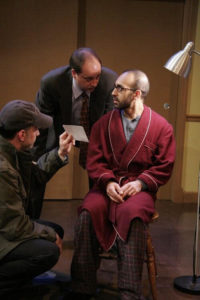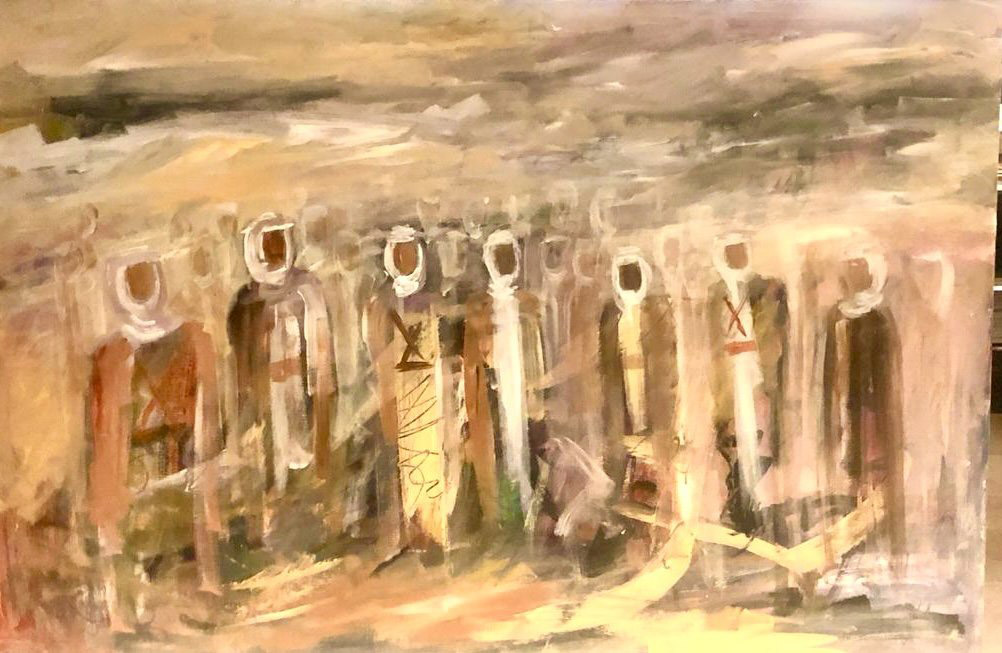
Opinions published in The Markaz Review reflect the perspective of their authors and do not necessarily represent TMR.
I. Rida Mahmood
For weeks, the streets of dozens of Iranian cities, including Tehran, have been set ablaze with demonstrations and clashes with police. The spark that ignited the protests was the death of 22-year-old Mahsa Amini, who reportedly died in custody following her arrest by the inaptly named “morality police.” Her crime? Showing too much hair. Unsurprisingly, officials from the Iranian government denied responsibility for the young woman’s death.
The incident came to light just one month after several Iranian media outlets gloated over the attack on Salman Rushdie. And, as I am writing this, a death verdict is still pending against Jamshid Sharmahd, a dissident German-Iranian journalist who was kidnapped from California and forcibly brought back to Iran and put on trial.
These incidents and many recent others have revived the conversation over civil liberties, chief among them freedom of speech, in the so-called Muslim world. In the context of criticizing Islam, opponents of free speech are quick to point out that nothing about Islam makes it inherently more fragile, more susceptible to insult than other Abrahamic religions; they all prescribe harsh penalties for blasphemy: “And whoever blasphemes the name of the LORD shall surely be put to death” (Leviticus 24:16).
Indeed, the scriptures have not been changed. The verses prescribing mediaeval punishments for acts of blasphemy remain well-preserved in the Holy Books. What has changed in most of the West, however, is the establishment of strong, effective, transparent public institutions on a secular foundation — theoretically, at least. In the United States, for example, the separation of church and state, as laid out by the Founding Fathers in the first clause in the Bill of Rights, is one of the greatest wins for the civil rights movement. It is probably the reason why, in recent history, no one has been charged with blasphemy for producing an artistic expression poking fun at Jesus Christ.
Across the Middle East, on the other hand, the marriage between religion and power is still going strong. A recurrent renewal of vows is observed at random, in the form of a theatrical display of cruelty against an unlucky individual for allegedly offending Islam.
Such a haphazard use of power is, in fact, one of the hallmarks of a weak state — a “fragile” state if you will. By being unpredictable and overly dramatic, the state is overcompensating for its low capacity to govern effectively, reflecting the lamentable condition of its public institutions. Khomeini’s fatwa against Salman Rushdie in 1989 is a perfect illustration of the phenomenon.
In a recent column in the New Yorker, Robin Wright astutely points out that Khomeini, who never even read Rushdie’s novel, “often capitalized on issues that distracted public attention from the [Iranian] Revolution’s fissures and failures.”
“At the time [of the fatwa],” she goes on, “the young Islamic Republic was emerging from existential challenges: an eight-year war with Iraq that produced at least a million casualties; widespread domestic discontent; deepening political rifts among the clergy; a flagging economy that had rationed basic food and fuel; and a decade of diplomatic isolation.”
A parallel example comes to mind, one that yours truly is old enough to remember vividly: Saddam Hussein’s so-called “Faith Campaign” of 1993. The conspicuous timing of the campaign points directly to the grave political, economic, and social implications of the Second Gulf War. At the time, with no more cards left in the deck, the twice-as-beat Iraqi regime decided that granting more freedom to radical Islamist groups was the most viable and economical option to mitigate a looming uprising against the Ba’athists, who had previously prided themselves on pioneering secular values. Though it did not particularly target blasphemers, the Iraqi dictator’s “Faith Campaign” aimed at promoting fundamental Islamic discourse while stifling secular forms of expression, which the decaying state decided were no longer acceptable.
Histrionic, haphazard displays of cruelty against free speech are still abundant across the region. The story of a Saudi woman, Salma Al-Shehab, who was given a 34-year prison sentence for using Twitter broke out just four days after the cowardly attack on Rushdie — so much for MBS’s attempts to propagate an image of a modernizing Saudi regime.
Many Muslim opponents of free expression acknowledge the fragility of their countries of origin. They admit that they make a daily effort to adapt to the deplorable condition of personal liberties in their communities, living their lives in a permanent state of self-censorship. The phrase “the walls have ears” is commonly thrown around during friendly gatherings as soon as someone lets loose and dares to broach a hot topic.
Yet the acknowledgment is quickly followed by a torrent of outrage against the western world:
- Call them oppressive, but the current regimes are only relics of a painful colonial past, still casting its long shadow onto the present and well into the future of the region…
- Westerners’ criticism and mockery of Islam are another form of neocolonialism…
- Missionaries and Crusades of modern times…
- The ravages of neo-imperialism still reverberate throughout Iraq, Afghanistan, and Palestine…
- Westerners criticize and mock Islam only to dehumanize people of color, who constitute the majority of the faith’s followers…
- They want to clear their conscience of exploiting our resources…
- Westerners have always timed voicing concerns about human rights abuses in Islam very conveniently ahead of a planned intervention in the region, to build consensus around an upcoming attack overseas or passing of a racist bill domestically…
In short, westerners’ criticism and mockery of Islam is almost never viewed by Muslims as a sheer intellectual activity, but as a means to an end with malicious intentions, despite their attempts to shroud these actions within practicing their right to free speech or advocacy for human rights. Residents of Amman, Jordan may still remember a British documentary on the life of Afghan women under the barbaric, fundamentalist regime of the Taliban, which aired on Jordan TV in 2002. People across the Arab world also may still remember the horrific videos of the tortures in Saddam Hussein’s jail cells, which were publicized in 2003 — the timing says it all.
As uncomfortable as it may be, the above allegations emphasize an urgent need to address a deep-seated lack of trust, stemming from transgenerational traumas, daily observations of global inequality, and a prevalent sense of indignity and disappointment.
Improving accountability at home is a good place to start. Theocrats and dictators love to counter allegations by pointing out the persistent aspects of injustice in the West. Acquitted racial violence, for example, when exercised or incited by state officials and public workers in the US, is a “godsend” to a Middle Eastern autocrat and his cronies. The same is true about violations of the rights of other historically marginalized groups. The old maxim about glass houses and stone throwing applies here.
A more vigorous push for equality — not censorship à la Cancel Culture — can go a long way toward disarming opportunist tyrants across the globe.





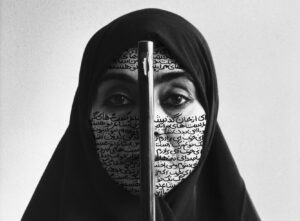




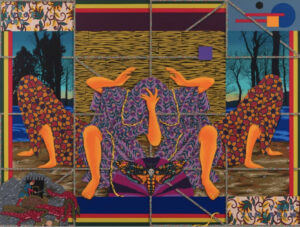
















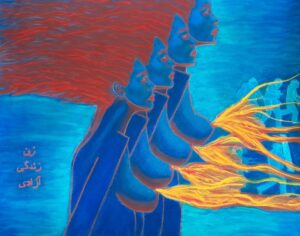

















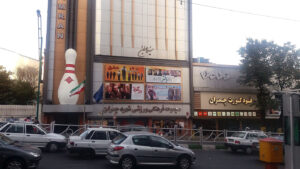















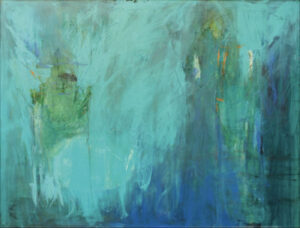


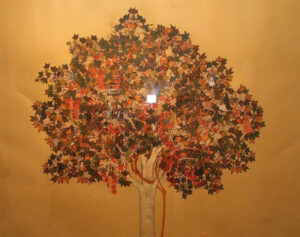






















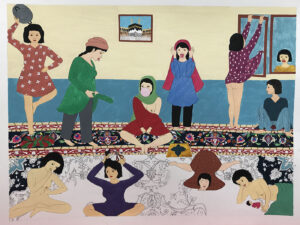




















![Fady Joudah’s <em>[…]</em> Dares Us to Listen to Palestinian Words—and Silences](https://themarkaz.org/wp-content/uploads/2024/03/SAMAH-SHIHADI-DAIR-AL-QASSI-charcoal-on-paper-100x60-cm-2023-courtesy-Tabari-Artspace-300x180.jpg)





















